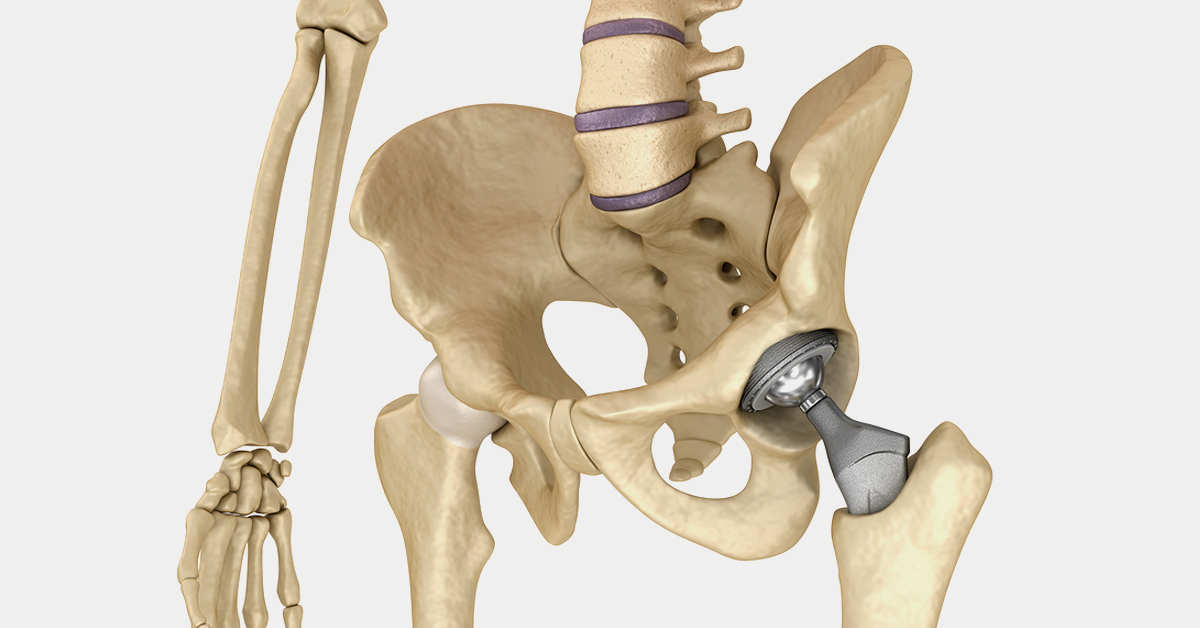Hip Implant Lawsuit
Problem summary
Product liability lawsuits are being filed against the makers of artificial hip implants, alleging that the manufacturers made faulty medical devices and failed to warn the public about the health risks associated with their implants. Serious concerns have been raised in recent years regarding the safety of artificial hips, particularly metal-on-metal hip implants, which are made up of cobalt and chromium components designed to be more durable than their plastic and ceramic counterparts. These all-metal implants are meant to last for decades, but plaintiffs allege that a flawed design causes them to fail after only a few years, putting implant recipients at risk for debilitating injuries. According to reports, these all-metal devices may be prone to premature failure caused by, among other potential problems, the metal hip components rubbing against one another during normal use, which can cause toxic metallic debris to be released into the body. This condition, called metallosis, can result in complications like swelling, chronic pain and possibly even blood poisoning.
About Artificial Hip Implants & Hip Replacement Surgery
Hip implants are medical devices designed to replace the ball and socket in individuals with damaged hip joints. Metal-on-metal hip devices are at the center of the hip implant litigation because plaintiffs allege that defects in the all-metal design of these artificial hips are what caused their injuries and resulted in the need for revision surgery. Some of the most widely-used metal-on-metal hip replacement systems include DePuy’s ASR and Pinnacle implants and Stryker’s Rejuvenate, Accolade and LFIT V40 devices, many of which were approved through the FDA’s 510(k) fast-track program, which allows manufacturers to sell new devices without extensive testing, so long as there is a “substantially equivalent” product already on the market. In some cases, these fast-tracked hip implant approvals are based on devices that are later recalled due to serious problems.
In August 2010, DePuy recalled its metal-on-metal ASR XL Acetabular hip implant and ASR hip resurfacing system when it was discovered that the artificial hips failed at higher rates than traditional implants with plastic bearings. According to a 2011 report by the National Joint Registry of England and Wales, DePuy’s ASR hip implant was removed or replaced 29% of the time after only six years. It was later revealed during a 2013 hip implant trial that DePuy allegedly knew at the time of the 2010 recall that 40% of its ASR implants would fail within just five years of the initial surgery. In 2012, two years after DePuy’s ASR hip implants were recalled, Stryker issued a recall of its Rejuvenate and ABG II hip systems after post-market data revealed the devices’ metal necks and stems were prone to corrosion and fretting that could cause metal debris to be released into the body.
Free Confidential Case Review
Hip Implant Complications & Injuries
- Metallosis (metal blood poisoning)
- Adverse local tissue reactions
- Implant dislocation
- Implant loosening
- Chronic pain
- Device failure
- Bone erosion
- Inflammation
- Infection
- Hip fracture
- Joint stiffness
- Heterotopic ossification (bone forming outside the skeleton)
- Need for revision surgery
Call Now for a Free Hip Implant Case Review
Hip Implant Settlements & Litigation
Tens of thousands of patients implanted with defective and recalled hip implants have filed lawsuits against DePuy Orthopaedics and other artificial hip manufacturers, alleging that the companies designed faulty medical devices and failed to adequately warn patients and the medical community about the risks associated with their implants. As a result, these individuals allegedly suffered debilitating pain, metal blood poisoning and other severe complications resulting in the need for additional surgeries to replace their failing implants. Liability for injuries caused by defective hip implants is typically placed on the company responsible for designing, manufacturing and distributing the devices, and hip manufacturers have already spent billions of dollars settling defective hip implant claims, even as more lawsuits are being filed.
Johnson & Johnson, for example, agreed to pay $4.4 billion between 2013 and 2015 to resolve more than 9,000 lawsuits filed on behalf of patients who required revision surgery to replace the company’s allegedly defective all-metal implants, which were eventually recalled due to unusually high failure rates. In 2014, Stryker agreed to settle most hip implant cases against the company for an estimated $1.4 billion, and this settlement was extended in December 2016 to include compensation for additional plaintiffs. In 2017, six plaintiffs were awarded $247 million in damages in the third bellwether trial in the DePuy Pinnacle hip implant litigation, alleging injuries like pain, inflammation, tissue loss and bone erosion. If you or a loved one has suffered serious complications allegedly caused by a defective hip implant, contact a knowledgeable product liability lawyer today for legal help.
Free Case Review
Members of our legal team are available 24 hours a day, 7 days a week. If you or a loved one would like a free evaluation of your potential case, please give us a call or complete our no obligation case review form.

